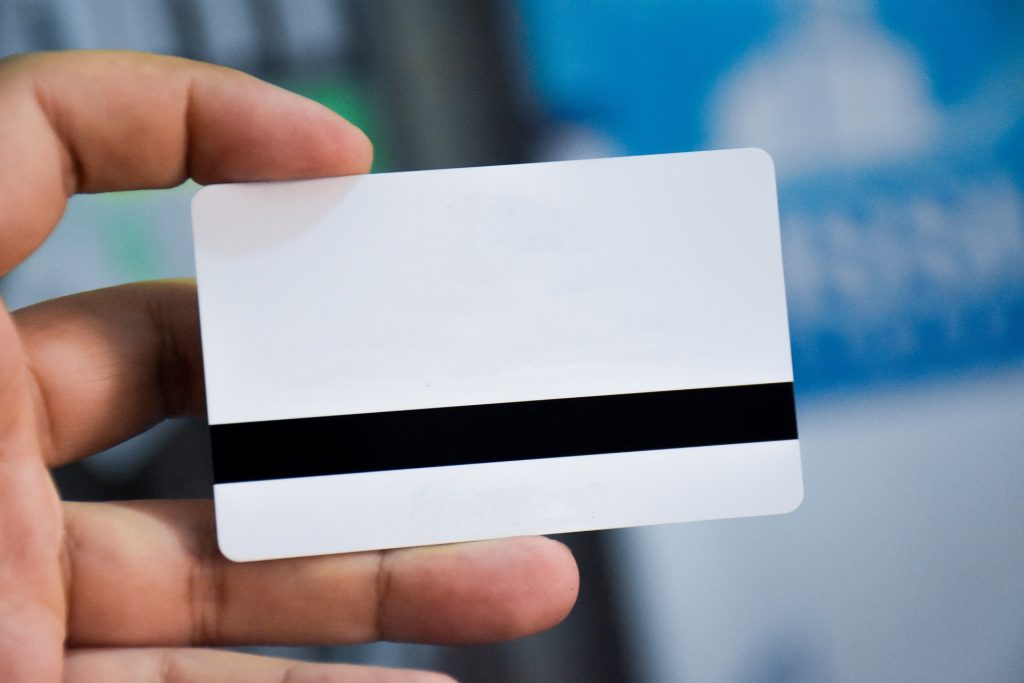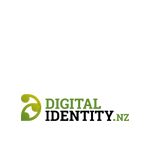February 8, 2023
Most New Zealanders believe it is not easy to protect their information online and they find the idea of being more in control of their digital identity appealing, according to a new Digital Identity New Zealand (DINZ) survey just released.
DINZ is a not for profit member association of the New Zealand Tech Alliance and their latest research highlights issues holding back more rapid uptake of digital identity and the growth of the digital economy have remained consistent for the past four years.
Their study found:
- 90 percent of New Zealanders believe it is not easy to protect their information online
- 90 percent of New Zealanders find the idea of being more in control of their digital identity appealing
- 78 percent of New Zealanders are concerned about the protection of their identity and the use of personal data by organisations
- 70 percent of New Zealanders place some onus on the organisation holding their data, but there is some sense of shared responsibility
- 60 percent of New Zealanders don’t feel they know how to protect their information
- 60 percent of New Zealanders were satisfied with the process of registering personal details with Government agencies in response to the covid pandemic
- 60 percent of New Zealanders have experienced some form of misuse, with credit card theft being most common
- 50 percent of New Zealanders know their rights regarding the protection of personal data
- 50 percent of New Zealanders have adapted their online behaviour due to concerns around data privacy
- 50 percent of New Zealanders have some issue with registering new accounts online, although there has been a significant increase in satisfaction since 2020
- 80 percent of businesses know where to find relevant legislation for their digital security obligations
- 33 percent of businesses feel equipped to protect their customer’s personal data, while just 25 percent find this easy to do
- 33 percent of businesses believe the pandemic has impacted the way they manage their customer’s personal data
Digital identity allows people and organisations to use their personal information, including date of birth, income and other proof attributes to access services. Essentially, digital identity is a shorthand for the processes used to confirm identification, authentication and authorisation.

“There is more desire to have control over one’s personal data, says Colin Wallis, executive director of DINZ, and it seems that the Covid experience has driven some progress towards greater understanding of the importance of data protection.”
“Our research found that opening accounts for digital services and having to remember usernames and passwords is a major cause of friction for consumers.
“Three quarters of respondents were wary of the transparency amongst organisations using their data and a similar proportion were unhappy about the idea of organisations sharing/selling their data.
“The results support the consumer research conclusion that there is a trust problem which is why businesses and experts are gathering at the digital trust hui taumata conference in Wellington in August to identify opportunities to increase digital trust in New Zealand.”
For further information contact Colin Wallis on 21 961955 or NZTech’s media specialist Make Lemonade editor-in-chief Kip Brook on 0275 030 188






